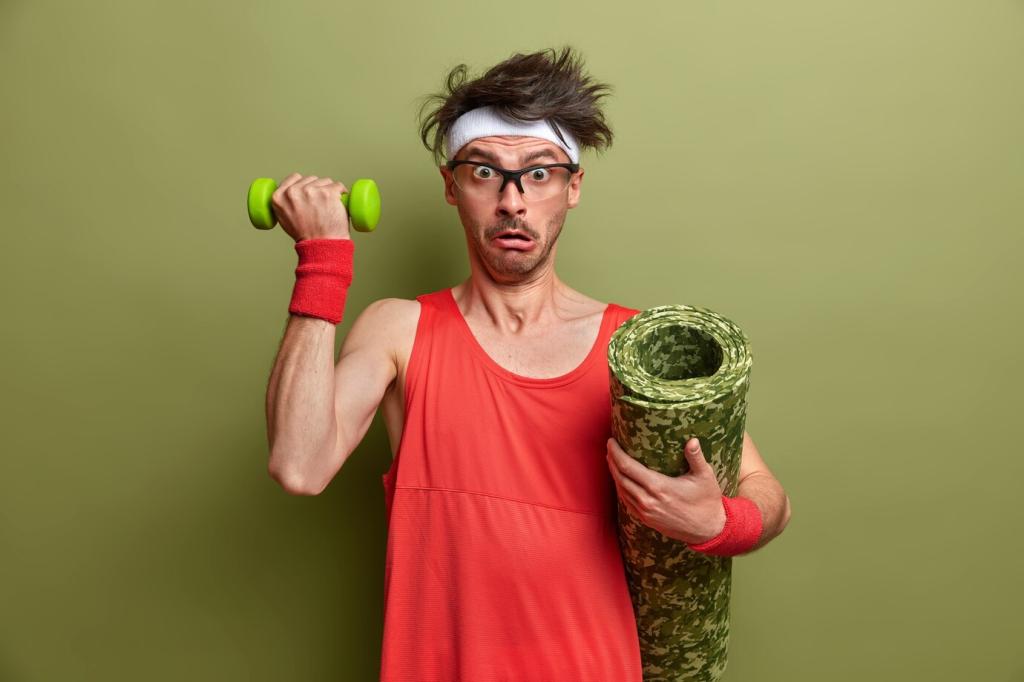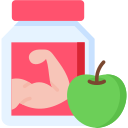
Hydration Tips for Athletes
Staying hydrated is crucial for athletes aiming to maintain peak performance and support overall well-being. Proper hydration not only enhances physical abilities but also aids in recovery, cognition, and injury prevention. This page explores essential hydration strategies designed especially for athletes of all levels. Discover practical advice, understand your body’s signals, and learn how to build hydration into your training routine to achieve optimal athletic performance.
Understanding the Importance of Hydration
Water plays multiple roles in athletic endeavors, enabling muscle contractions, nutrient transport, and temperature regulation. During exercise, the body loses significant amounts of fluid through sweat, which helps cool the system and maintain a safe core temperature. If this fluid isn’t replaced, dehydration can quickly set in, leading to fatigue, cramps, and impaired coordination. Ensuring an adequate baseline of hydration before activities, as well as maintaining it during and after, is vital. Athletes should recognize that hydration requirements increase with longer durations, higher intensities, and hot or humid conditions. Proactive water management not only keeps you feeling your best but also supports consistency and longevity in your sport.


Assessing Your Hydration Needs
Understanding your personal hydration requirements begins with observation and assessment. Variables such as body size, exercise intensity, environmental conditions, and genetic predispositions all influence how much fluid is needed. Athletes can estimate sweat rates by measuring body weight before and after exercise and factoring in the amount of fluid consumed during that period. By tracking these numbers across different training scenarios, patterns will emerge that inform individualized hydration protocols. Gradually, athletes can fine-tune their fluid intake to minimize performance dips and optimize comfort both in training and competition.

Timing Your Fluid Intake
Strategic timing of fluid consumption is essential for maximizing athletic outcomes. Begin every workout or competition well-hydrated, sipping water in the hours before and avoiding excessive intake immediately beforehand, which can lead to discomfort or frequent bathroom breaks. During activity, aim to replenish fluids at regular intervals, regardless of thirst cues—especially during extended sessions or in hot conditions. After exercise, it is crucial to replace lost fluids to speed recovery, restore balance, and prepare for the next session. By building fluid breaks into your routine, you develop reliable habits that keep your body primed and ready for any challenge.

Adjusting for Conditions and Activity Types
No two training days are alike, and your hydration approach should reflect the specific demands of each session. Endurance events, intense interval training, and sports played in the heat or humidity all require increased attention to fluid intake. Likewise, indoor environments with poor ventilation can also speed fluid loss. By being aware of these variables, athletes can increase or decrease their fluid consumption accordingly. Trial and error plays a significant role as well: monitor your comfort, performance, and recovery to judge the effectiveness of your plan. Over time, your hydration strategy will become a seamless part of your competitive edge.
Enhancing Hydration with Nutrition
Electrolytes—including sodium, potassium, magnesium, and calcium—play fundamental roles in muscle contraction, nerve function, and maintaining fluid equilibrium. Vigorous exercise, especially in hot conditions, accelerates electrolyte loss through sweat, making athletes susceptible to cramps and other performance issues. Replacing these lost minerals is as vital as restoring fluids, particularly during prolonged activities. Sports drinks, electrolyte tablets, or even certain foods can help replenish these essential elements. Understanding personal sweat rates and preferences enables athletes to choose optimal sources and dosing for their unique needs, ensuring balanced hydration and steady performance throughout their activities.
What you eat significantly influences your hydration status. Many fruits and vegetables—such as watermelon, cucumbers, oranges, and strawberries—are packed with water and essential nutrients, making them excellent additions to an athlete’s diet. These foods not only help top up daily fluid intake but also deliver valuable vitamins, natural sugars, and antioxidants to aid energy and recovery. Including high-water-content foods at meals or as snacks, especially surrounding exercise, can enhance total hydration. By adopting a food-first approach and pairing it with appropriate fluids, athletes foster an environment that supports both performance and long-term health.
Water is the foundation of hydration, but it’s not the only beneficial beverage option for athletes. Sports drinks can provide vital carbohydrates and electrolytes during extended, high-intensity sessions, while milk or recovery shakes may be useful post-exercise for rehydration and muscle repair. Conversely, drinks high in caffeine or sugar may have diuretic effects or upset the stomach, detracting from hydration goals. Understanding when to choose plain water, when to reach for a formulated sports drink, and when alternative beverages may be helpful allows athletes to tailor their intake to their efforts. This balanced approach leads to smarter rehydration and better athletic results.
